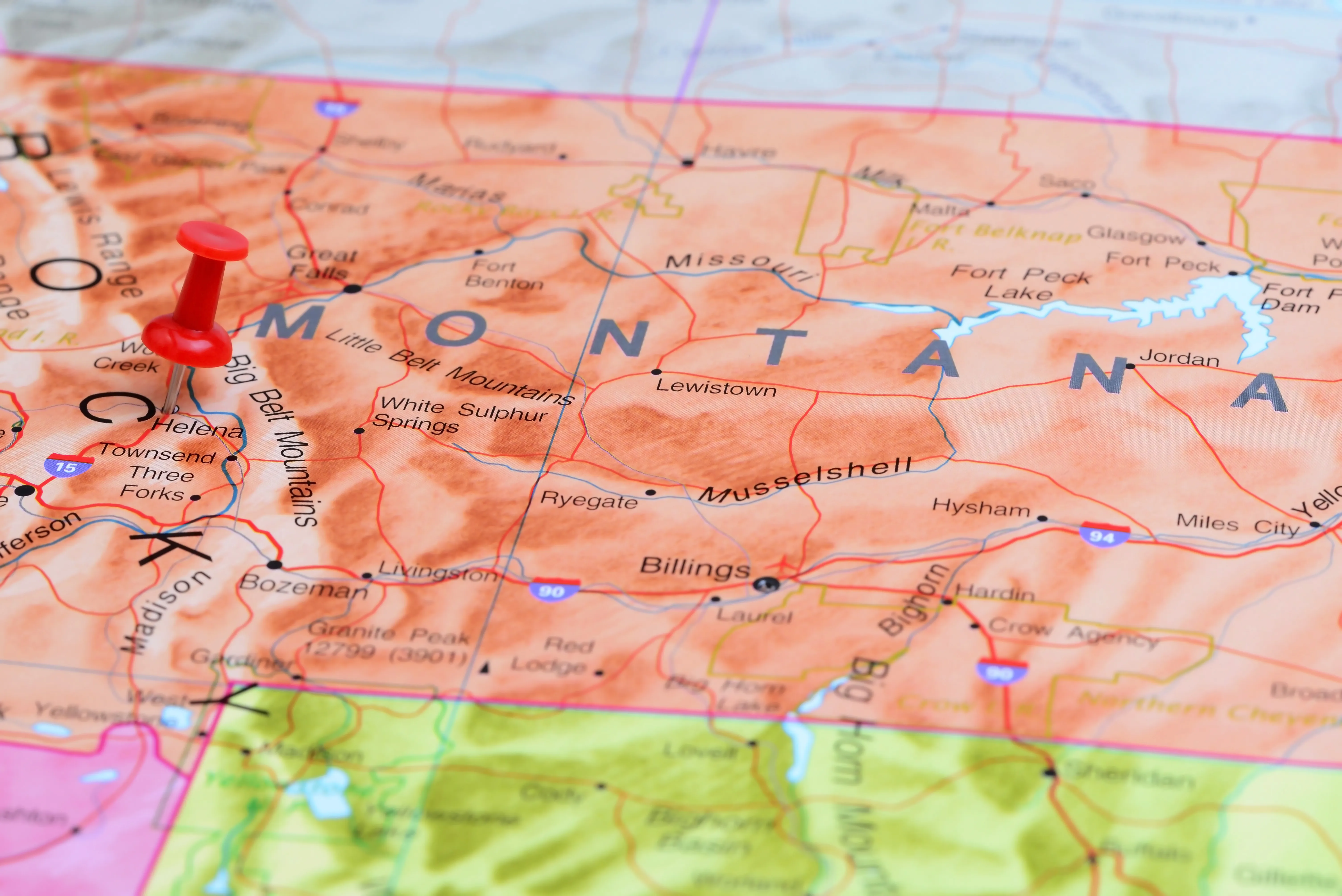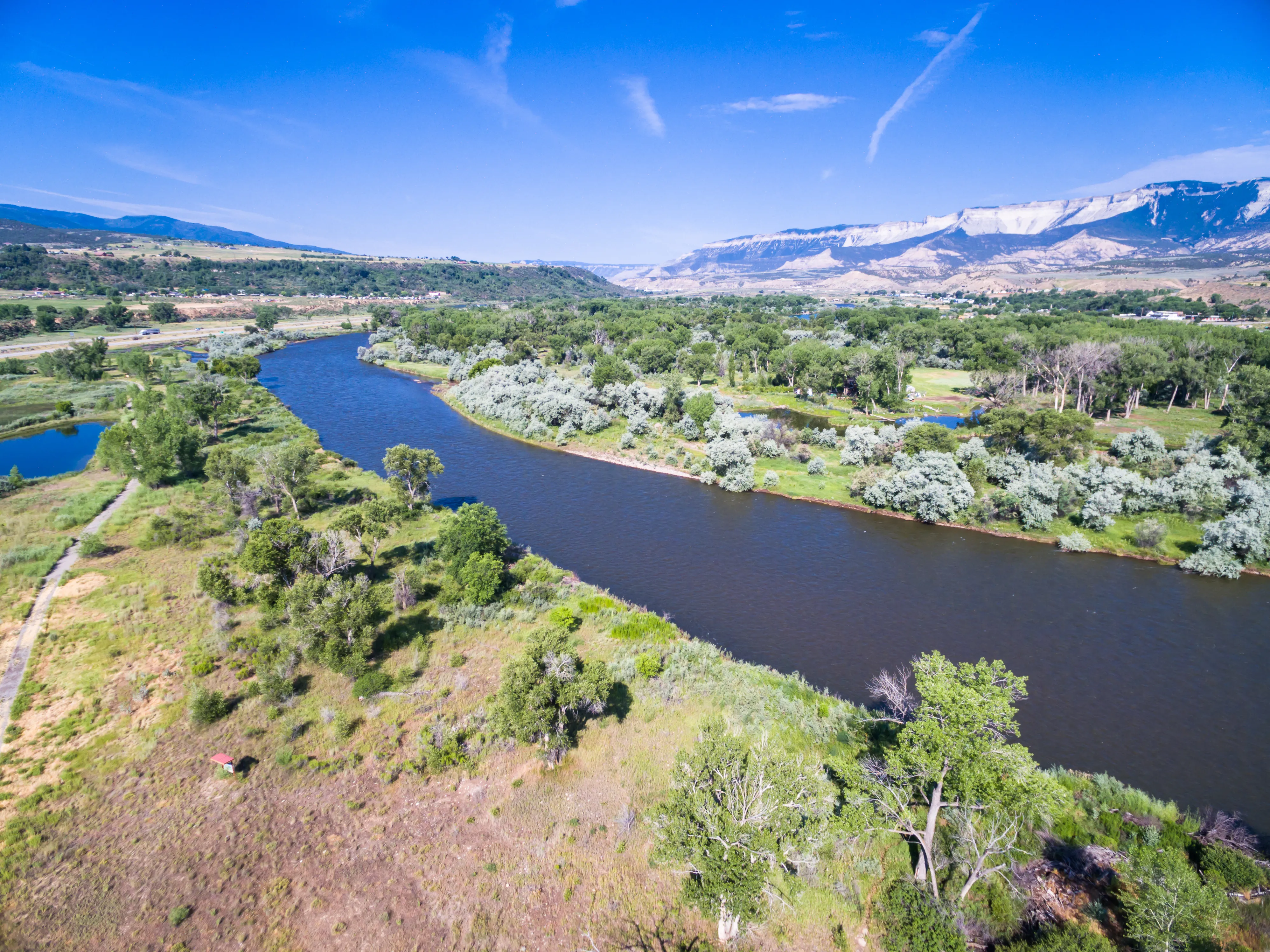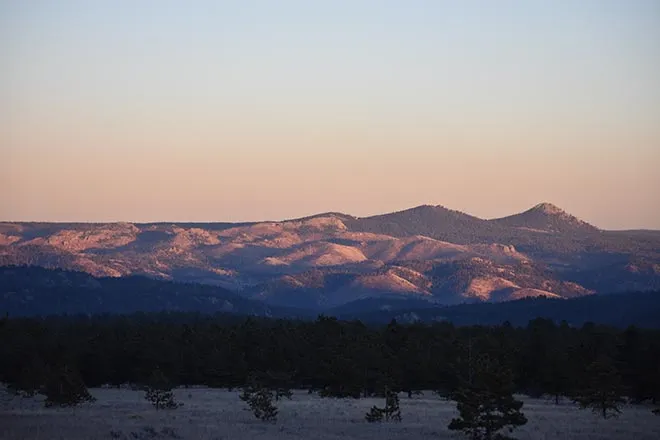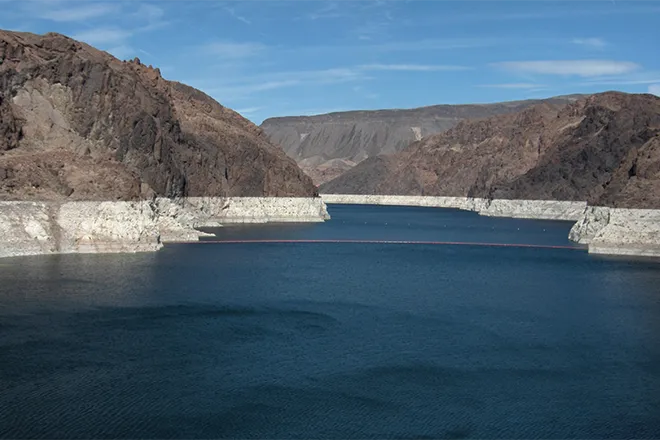
The Yonder Report: News from rural America - February 20, 2025
© Dean_Fikar - iStock-503150251
News from rural America.
A Taos, NM sheriff won't comply with immigration enforcement that could erode public trust, NH worries that a dearth of charging stations will force tourists driving EVs to vacation elsewhere, and Southern states promote workarounds to improve education.
TRANSCRIPT
For the Daily Yonder and Public News Service, this is the news from rural America.
The Trump administration wants to deport 13 million immigrants.
But New Mexico law enforcement, including Taos County Sheriff, says their job is enforcing state law and upholding the Constitution, not rounding up migrants.
As Daily Yonder's Anya Slapien reports, the rural county is vast and has limited resources.
Taos County has 35,000 people spread over 2,200 square miles.
And Sheriff Steve Mira only has money for around 15 deputies.
Slapien says the sheriff has backing from the state's attorney general, who says raids break down the public trust police depend on.
Then there's federal law.
Under federal law, local police and sheriff departments can choose to enter a contract with ICE, but so far, none in New Mexico have done it.
State lawmakers are considering a measure to prohibit expenditures that help enforce federal immigration laws.
New Hampshire could lose tourists driving EVs for lack of charging stations.
Julia Tilton reports a federal funding freeze has further complicated the issue.
A study estimates the state could lose $1.4 billion tourism dollars by 2031 from the slow rollout of public EV chargers.
Sam Evans-Brown with Clean Energy New Hampshire says they found it's a huge problem.
Imagine if during one summer, no tourists came to New Hampshire at all.
That would be like the biggest headline you would see.
And a Trump administration freeze of $5 billion supporting charger construction puts future projects at risk.
James Penfold at local installer Revision Energy says without it, small businesses can't afford to build their own.
It's really disappointing for the state that there are no incentives to just help defray some of that cost.
I'm Julia Tilton.
High poverty levels mean education disparities, but local and national groups are stepping up.
Yolanda Miner is the director for Mississippi Save the Children.
She says they're working to improve outcomes in the most underserved areas.
Some of the barriers are poverty, lack of access to high-quality early education, teacher shortages and geographic isolation.
She says even getting kids to the classroom can be a challenge, but one solution is partnering with churches and school districts to create tutoring hubs.
Similar programming is happening in Appalachian Kentucky.
Nick Carrington with Save the Children says they aim to boost access to high-quality early education programs such as Head Start.
We're currently working with 25 rural communities across eight states.
So we're learning from them.
They're learning from each other to strengthen their work.
Carrington shows nearly one in seven rural students live in poverty.
For the Daily Yonder and Public News Service, I'm Roz Brown.
For more rural stories, visit dailyyonder.com.

















